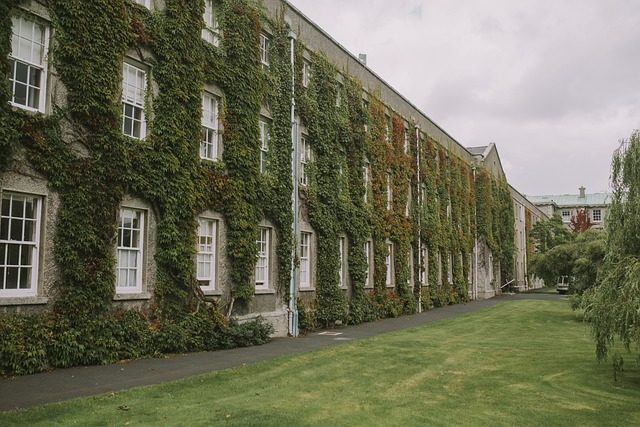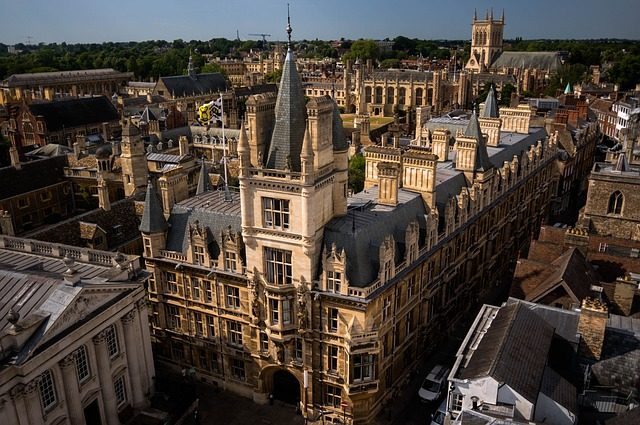Washington State is home to a rich tapestry of colleges and universities, offering a wide range of educational opportunities for students from diverse backgrounds. From bustling urban centers to quiet, picturesque campuses, the state’s institutions cater to various academic interests and career goals.
This article aims to provide a comprehensive overview of the Washington colleges and universities, exploring the best options available, their rankings, and the unique features that make them stand out.
Table of Contents
What are the best Washington colleges and universities?
Determining the best colleges and universities in Washington requires considering multiple factors, including academic reputation, student satisfaction, graduation rates, and available programs. The University of Washington (UW) consistently ranks at the top of various lists, primarily due to its research initiatives and diverse educational offerings.
Another notable institution is Washington State University (WSU), renowned for its agricultural and engineering programs. Both universities provide a wealth of resources and opportunities for students, contributing significantly to higher education in Washington.
- University of Washington
- Washington State University
- Seattle University
- Western Washington University
- Gonzaga University
These institutions represent some of the best choices for students seeking quality education in Washington. Each school offers unique programs and campus cultures, making them popular among both in-state and out-of-state students.
How many public universities are in Washington State?
Washington State boasts a total of six public universities, all of which provide a range of undergraduate and graduate programs. These institutions include:
- University of Washington
- Washington State University
- Central Washington University
- Eastern Washington University
- Western Washington University
- Seattle Central College (community college)
Each of these universities plays a crucial role in offering accessible education to residents and students from other states. They are known for their commitment to academic excellence and community engagement.
Public universities in Washington often have lower tuition rates for in-state students, making them an affordable option for many seeking higher education. Additionally, these institutions frequently collaborate with local businesses and industries, enhancing job placement opportunities for graduates.
What is the ranking of colleges and universities in Washington?
The ranking of colleges and universities in Washington varies based on the criteria used for assessment. Generally, the University of Washington is recognized as the top institution in the state, often placed among the top 50 universities nationwide. Its research programs and faculty achievements contribute significantly to its high ranking.
Following UW, Washington State University also ranks favorably, especially in fields such as veterinary medicine and engineering. Other universities, like Gonzaga University and Seattle University, excel in specific areas, including law and business.
Rankings can be influenced by various factors, such as:
- Academic reputation
- Graduation and retention rates
- Faculty quality and student-to-faculty ratio
- Resources available to students
These aspects play a significant role in shaping student experiences and outcomes, making rankings an essential consideration for prospective students.
Which colleges are located in Seattle, Washington?
Seattle is a vibrant city with several renowned colleges and universities. Some of the most notable institutions located in Seattle include:
- University of Washington
- Seattle University
- Seattle Central College
- City University of Seattle
- South Seattle College
Each of these colleges offers unique programs and opportunities, catering to a diverse student body. The presence of major tech companies and industries in the area also enhances internship and job placement prospects for students.
Seattle’s colleges foster a strong sense of community and provide resources to support students’ academic and personal growth. This combination makes Seattle an attractive destination for students pursuing higher education.
What types of institutions are available in Washington?
Washington State offers a variety of higher education institutions to meet the needs of its students. These include:
- Public universities
- Private universities
- Community colleges
- Tribal colleges
- Vocational and technical schools
Public universities are typically large research institutions, while private universities often offer smaller class sizes and more personalized attention. Community colleges provide affordable education with flexible schedules, making them an excellent choice for many students, especially those seeking vocational training.
Tribal colleges focus on preserving and promoting Native American culture and education, offering unique programs that celebrate indigenous heritage.
What is the role of community colleges in Washington?
Community colleges in Washington play a vital role in providing accessible education to a diverse population. They offer a range of programs, including associates degrees, vocational training, and transfer programs to four-year universities. The following are key features of community colleges:
- Affordability: Community colleges typically have lower tuition rates compared to four-year universities, making education more accessible.
- Flexible scheduling: Many community colleges offer evening and online classes, accommodating students with various schedules.
- Transfer pathways: Students can complete their general education requirements at a community college before transferring to a four-year institution.
These colleges are essential for promoting educational equity and providing opportunities for students who may not have the means to attend a traditional university. They also contribute to the local economy by training skilled workers for in-demand jobs.
What are the key features of Washington State University?
Washington State University (WSU) is known for its strong focus on research and community engagement. Some key features of WSU include:
- Research opportunities: WSU is classified as a research university, providing students with various opportunities to participate in groundbreaking research.
- Diverse academic programs: The university offers over 150 undergraduate programs, catering to a wide range of interests.
- Global campus: WSU has extended its reach through online education, offering programs to students worldwide.
Additionally, WSU is committed to fostering a sense of community among its students. The campus hosts numerous events, clubs, and organizations that promote student involvement and engagement.
With its dedication to academic excellence and community service, WSU continues to be a leading institution in Washington’s higher education landscape.
Related questions about Washington colleges and universities
What is the #1 college in Washington?
The University of Washington is widely regarded as the #1 college in Washington due to its prestigious academic programs, extensive research opportunities, and strong graduation rates. It consistently ranks among the top institutions nationally, making it a premier choice for students.
How many colleges and universities are in Washington state?
Washington State is home to over 60 colleges and universities, including public and private institutions. This diverse range provides students with various options to pursue their educational goals, catering to different academic interests and career paths.
What is the hardest university to get into in Washington state?
The University of Washington is often considered the hardest university to get into in Washington State. Its competitive admissions process reflects its high demand and reputation for academic excellence. Many applicants strive for admission, resulting in a selective acceptance rate.
Is Washington College an HBCU?
Washington College is not classified as a Historically Black College or University (HBCU). While it is an institution of higher education, it does not meet the criteria established for HBCUs, which primarily serve the educational needs of African American students.








